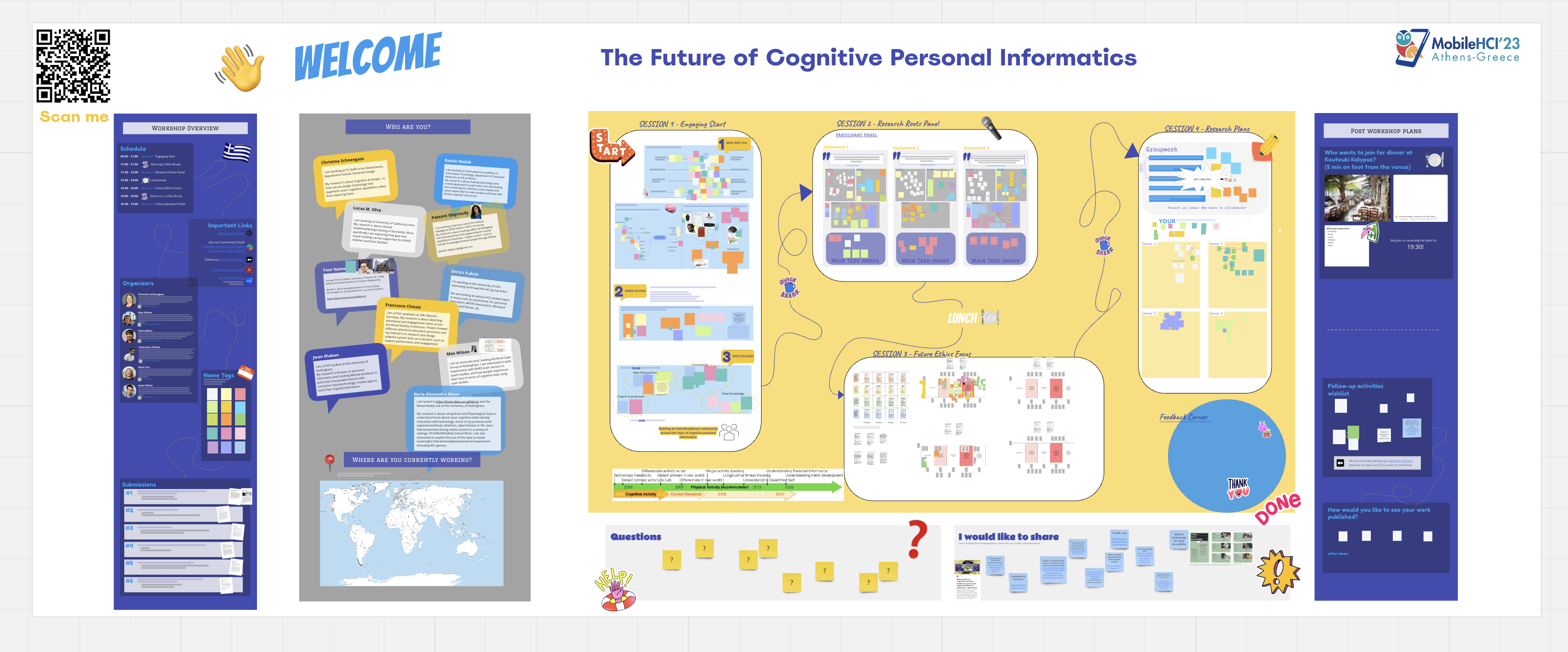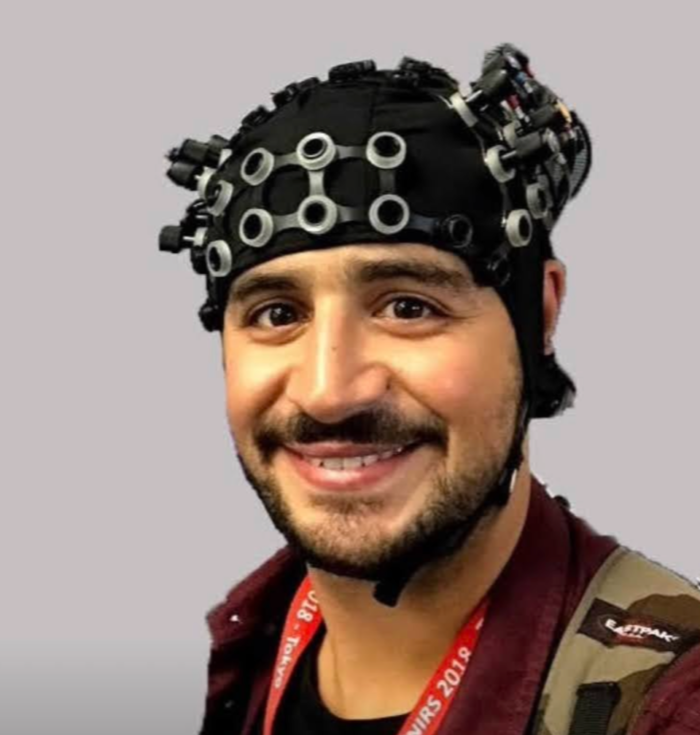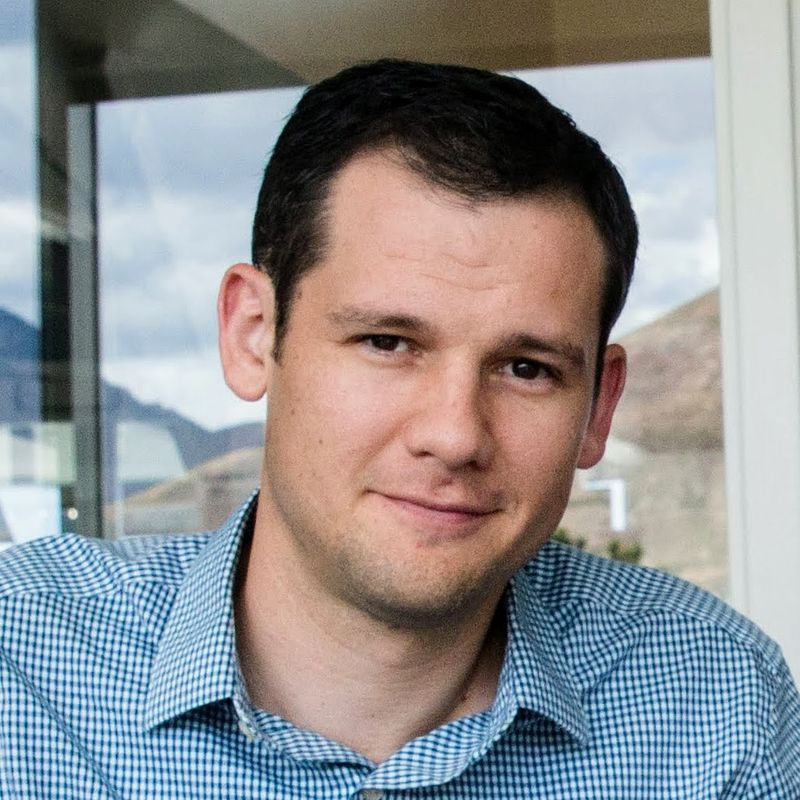MobileHCI'23 Hybrid Workshop
The Future of Cognitive Personal Informatics
26th Sept 2023 - MobileHCI'23 - Athens, Greece & Online
Note: registered MobileHCI attendees may join the workshop even if they do not have a contribution accepted.
-
While Human-Computer Interaction (HCI) has contributed to demonstrating that physiological measures can be used to detect cognitive changes, engineering and machine learning will bring these to application in consumer wearable technology. For HCI, many open questions remain, such as: what happens when this becomes a cognitive form of personal informatics? What goals do we have for our daily cognitive activity? How should such a complex concept be conveyed to users to be useful in their everyday life? How can we mitigate potential ethical concerns? These issues are different from physiologically controlled interactions, such as BCIs, to a time when we have new data about ourselves. This workshop will be the first to directly address the future of Cognitive Personal Informatics (CPI), by bringing together design, BCI and physiological data, ethics, and personal informatics researchers to discuss and set the research agenda in this inevitable future before it arrives.

The Aims of the Workshop
- Enable emerging micro-community to present insights from their research
- Develop the community agenda initially laid out at the 2022 SIG discussion
- Collectively plan community development activities for the future
- Strengthen the network between researchers and foster interdisciplinary collaboration in the community






